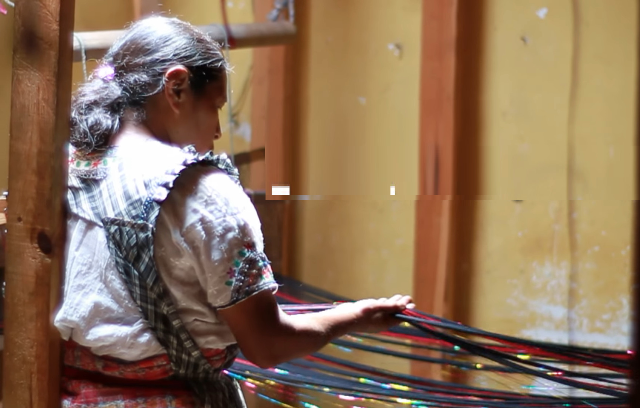Kiva to use blockchain to boost lending and borrowing in Sierra Leone
Kiva is building the Kiva Protocol, which is a distributed ledger technology system that hopes to create a national digital identification system to help keep collect, record and store credit history for its customers, starting with Sierra Leone citizens.
The project is part of the company's partnership between the company, the Sierra Leone government, the U.N. Development Programme (UNDP) and UNCDF to help about seven million citizens in the country (making a total of 80% of the citizens of Sierra Leone) who do not have any credit history or formal identity, gain access to financial services. The partnership was announced last month at the U.N. General Assembly (UNGA). They are planning to roll out the project in 2019 after continued discussions about implementations. The project will take about 3 years to implement.
Deputy Executive Secretary of UNCDF Xavier Michon said that the project will serve as a model for both developing and developed nations in the future and is capable of changing the landscape of financial inclusion. President Maada Bio said the project would see the modernization of its Credit Reference Bureau and "radically transform its financial inclusion landscape."
The company may also expand the service to other countries interested in identity and credit history solutions in order to expand financial inclusion. They are starting the project with Sierra Leone because the country has only one credit bureau that covers 2,000 people -- which is less than 1 percent of the population. Further, the president wants to reduce Sierra Leone's reliance on international aid and to advance infrastructure "including upholding a promise to provide civil identification to all."
Currently, 1.7 billion adults around the world are unbanked and cannot access financial services they need to improve their lives and those of their families. This includes poor access to loans for businesses, education or basic medical services. The main reason for poor access to financial services is " a lack of formal identification and a lack of verifiable credit history. "
Kiva, which has been providing loans to unbanked around the world and has crowdfunded more than $1.2 billion in loans for people in more than 80 countries, will use the system to record the identities of citizens and keep these identities on the distributed ledger while using the information to generate credit history for customers. Customers will own and control the data. The fact that they do not bank makes it worse since they cannot have future credit histories. The histories for digital identification will be generated from formal and informal financial institutions.
The system works via a mobile application or through a local agent. It operates by sending a signed verifiable claim about a loan to a borrower when a lender makes a loan on the platform. The borrower will accept the claim and post it to their private credit ledger in their digital Kiva wallet. The lender will also send a verifiable claim about a repayment that the borrower approves and then posts to their ledger. This way, all credit events can be captured in a single ledger and the digital wallet will be controlled by the individual.
Owners of these digital ledger accounts can also grant one-time access of their credit histories held with other banks to other banks they want to borrow from. The owner will need to approve any access by government and other institutions needing to use the histories. Thus, it will also be a platform for use by banks, individuals, and institutions willing to give loans.
Using this information, people and institutions can avoid high costs that prevent them from accessing financial services.
Kiva CEO Neville Crawley said the system can help to unlock capital for populations who need it most and allow "lenders to massively increase services and the flow of funds to the world's unbanked."
According to the press release, the company identified that a "systems-level change in identification and credit history" can unlock massive amounts of capital for the populations. This inspired their search for a solution. The company has crowd-funded more than $12 million in loans to citizens of Sierra Leone.


